My first FEBS-IUBMB-ENABLE conference
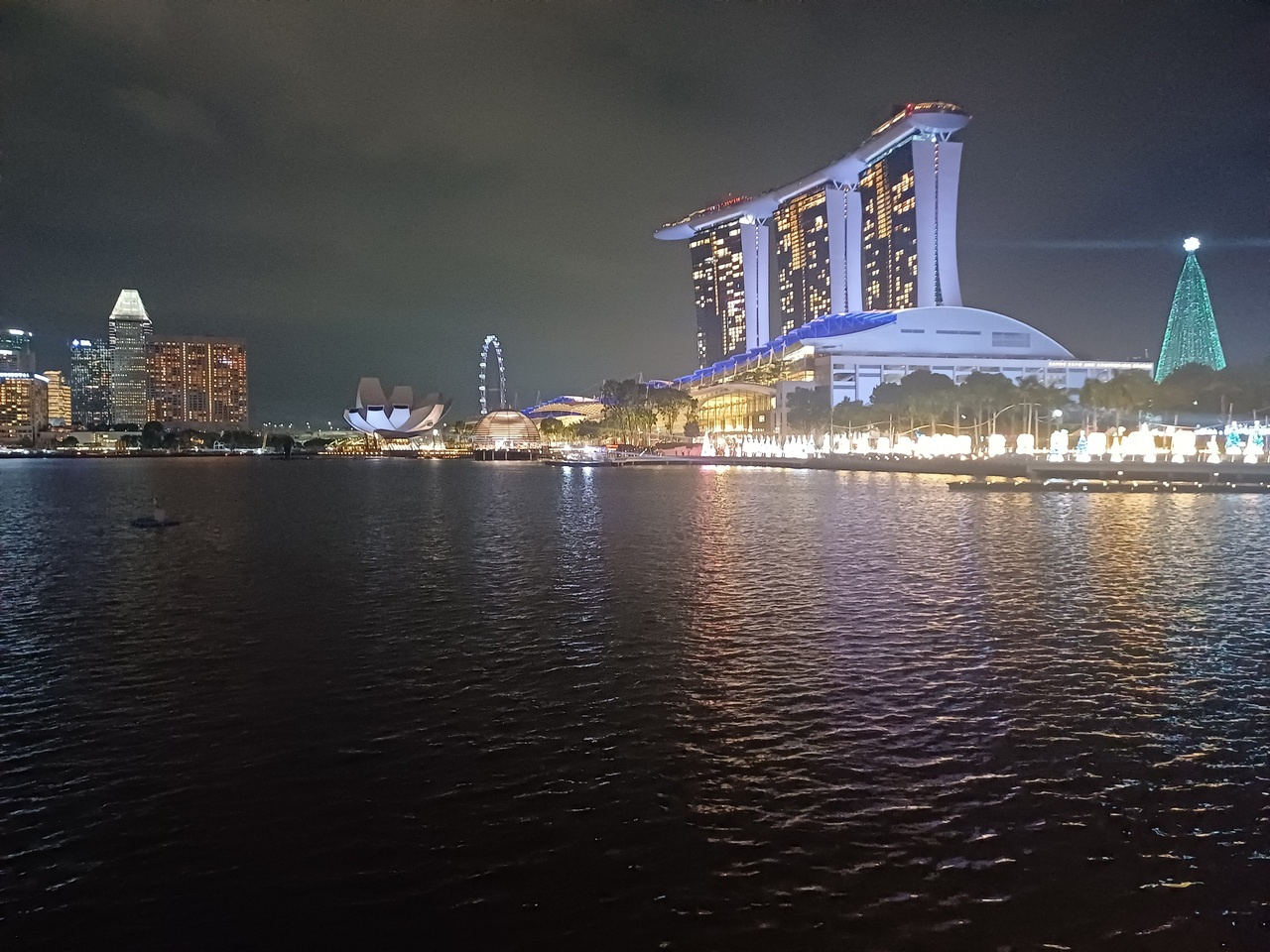
Encountering FEBS at the beginning of my scientific career
My name is Ana Contreras Pereda, and I am a second year PhD student at the Cell Signaling Laboratory of the Institute for Research in Biomedicine (IRB) Barcelona (Spain). I started my scientific journey with a bachelor’s degree in Biochemistry at the Universitat Autònoma de Barcelona, and it was here that I first developed my passion for science communication. Specifically, my experimental bachelor’s project at the Protein regulation in development and stress laboratory of the Center for Research in Agricultural Genomics (CRAG) showed me I wanted to pursue a career in experimental science and a PhD. I am very grateful to my then supervisors, Dr. Maria Lois and Dr. Jordi Pérez Gil, who helped me take my very first steps in science. During this period, I was introduced to the SUMOylation pathway, its regulation in Arabidopsis Thaliana, and its importance upon stress.
But science isn't only about science, it's also about scientists. The people who study these pathways are just as interesting as the pathways themselves, and I wanted to be introduced to more of them! That's why I joined the Student Council of the Biosciences faculty, so I could be in contact with many students from different bachelors. It was here I saw firsthand the importance of communication between fields. In 2022, after my bachelor’s degree, I decided to undertake a Master of Multidisciplinary Research in Experimental Sciences from the Barcelona Institute of Science and Technology, where I performed my master’s experimental project at the Cell Signaling Lab at IRB Barcelona under the supervision of Dr. Francesc Posas and Dr. Eulàlia de Nadal studying mTOR pathway in cell stress adaptation. It was during this period that I was first made aware of FEBS from the lucky people that attended the 2nd FEBS-IUBMB-ENABLE conference at Cologne in 2023.
A conference organised for and by young scientists
After completing my master’s degree and starting my PhD at IRB Barcelona – an original member of the ENABLE conference series – I started receiving information about the 3rd FEBS-IUBMB-ENABLE conference: “ARTIFICIAL INTELLIGENCE: Reshaping biomedical and healthcare research” taking place in Singapore and I knew immediately that I wanted to apply to it. I am very grateful to FEBS and IUBMB for the travel grant that indeed enabled me to go to and present for the first time a poster in an international conference.
Stepping into the conference venue, in the Lee Kong Chian School of Medicine (LKCMedicine) at Nanyang Technological University (NTU), I could immediately see that many of the attendees were young scientists with big smiles on their faces, all full of excitement and anticipation for the coming days. What impressed me in those first moments was the mix of nationalities, such a diverse group of people with a variety of experiences and scientific journeys, all making the same stop here in Singapore – an example of how there are always multiple paths to achieving our goals, both personally and in science.
The 3rd FEBS-IUBMB-ENABLE conference started with brilliant talks from Prof. Joseph Sung, Dr. Jingmei Li, and Prof. Reiko Tanaka followed by a panel discussion about Artificial Intelligence – an increasingly relevant topic in our society – which was positively brimming with engagement and curiosity. Nevertheless, even with such a strong start, the rest of the Scientific Symposium did not disappoint in the slightest. Yet to come were highly interactive poster sessions, flash and short talks from attendees, and other fantastic talks from prominent researchers in the AI field. But even with such a packed schedule, the conference continued bubbling with the same energy, with an interactive atmosphere of collaboration still palpable during the breaks.
Beyond the scientific symposium, the conference offered a full day of workshops, and talks to help researchers advance their careers. Undoubtedly an amazing opportunity to grow and learn, whatever stage of the scientific journey one found themselves at.
I am immensely grateful to FEBS and IUBMB for this opportunity. Without their support, such experiences would have been unattainable for me. This event was a foundational and fundamental experience for my scientific career.
As we continue our journeys into a new year, I plan to further explore the FEBS website in search for more events such as this, and I'm looking forward to the 4th FEBS-IUBMB-ENABLE conference this September at the Cancer Research UK (CRUK) at Glasgow with the intriguing title "Bridging minds: Interdisciplinary research for the future of life sciences". Hope to see you all there!
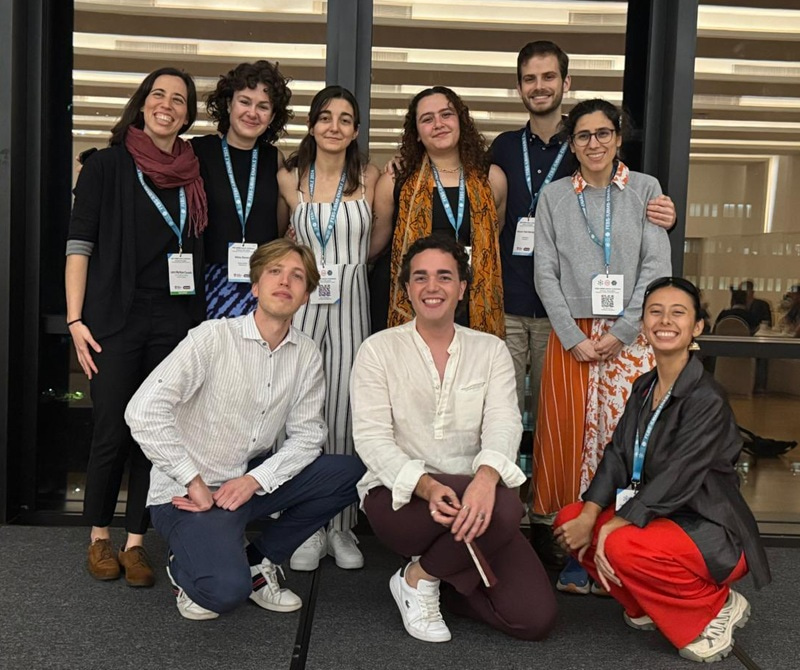
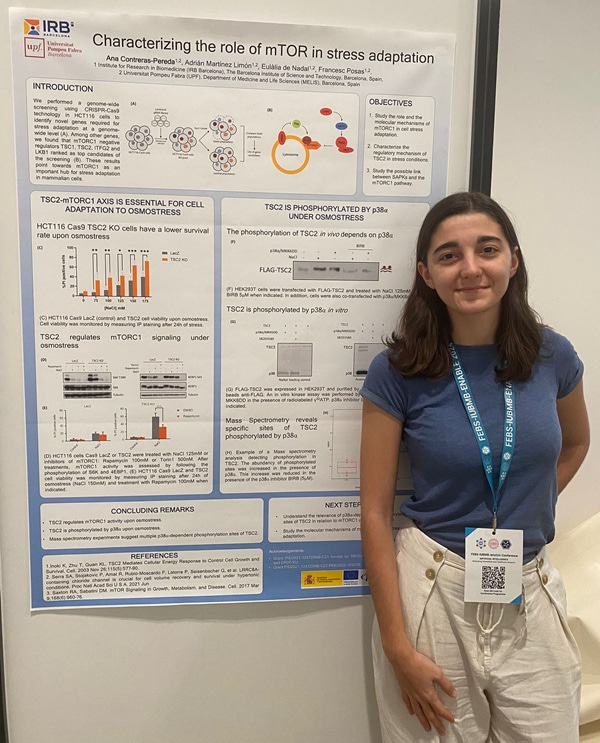
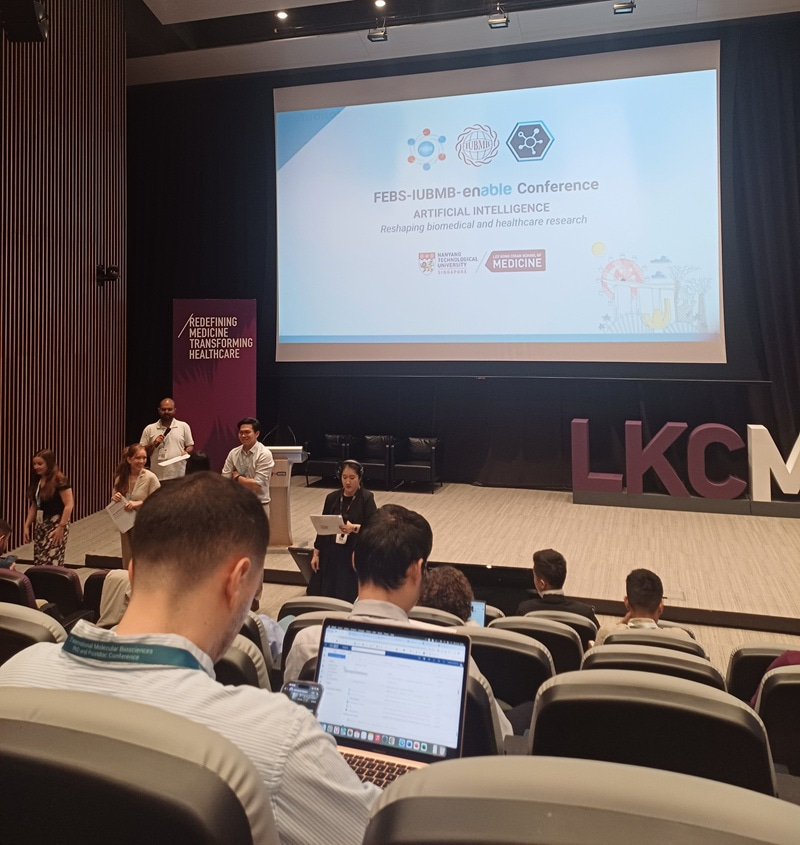
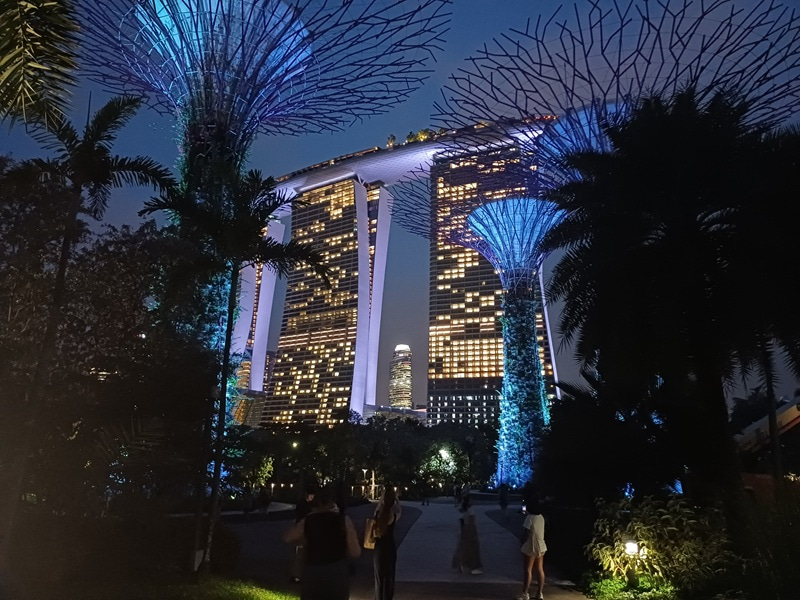
Top photo of the Singapore skyline, by Ana Contreras.
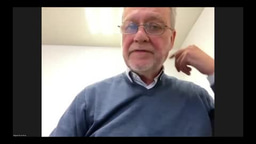


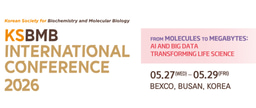
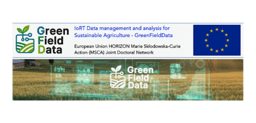
Join the FEBS Network today
Joining the FEBS Network’s molecular life sciences community enables you to access special content on the site, present your profile, 'follow' contributors, 'comment' on and 'like' content, post your own content, and set up a tailored email digest for updates.